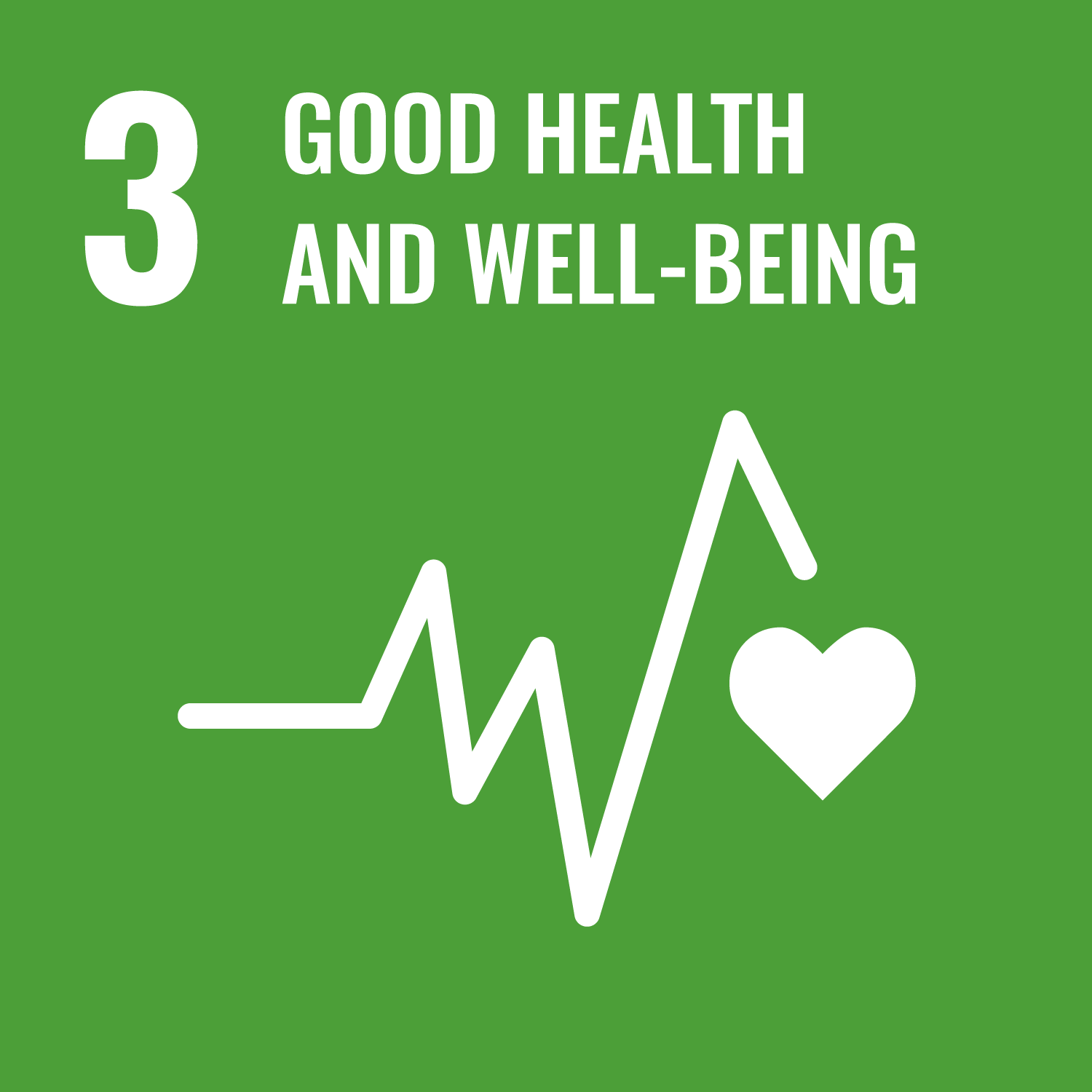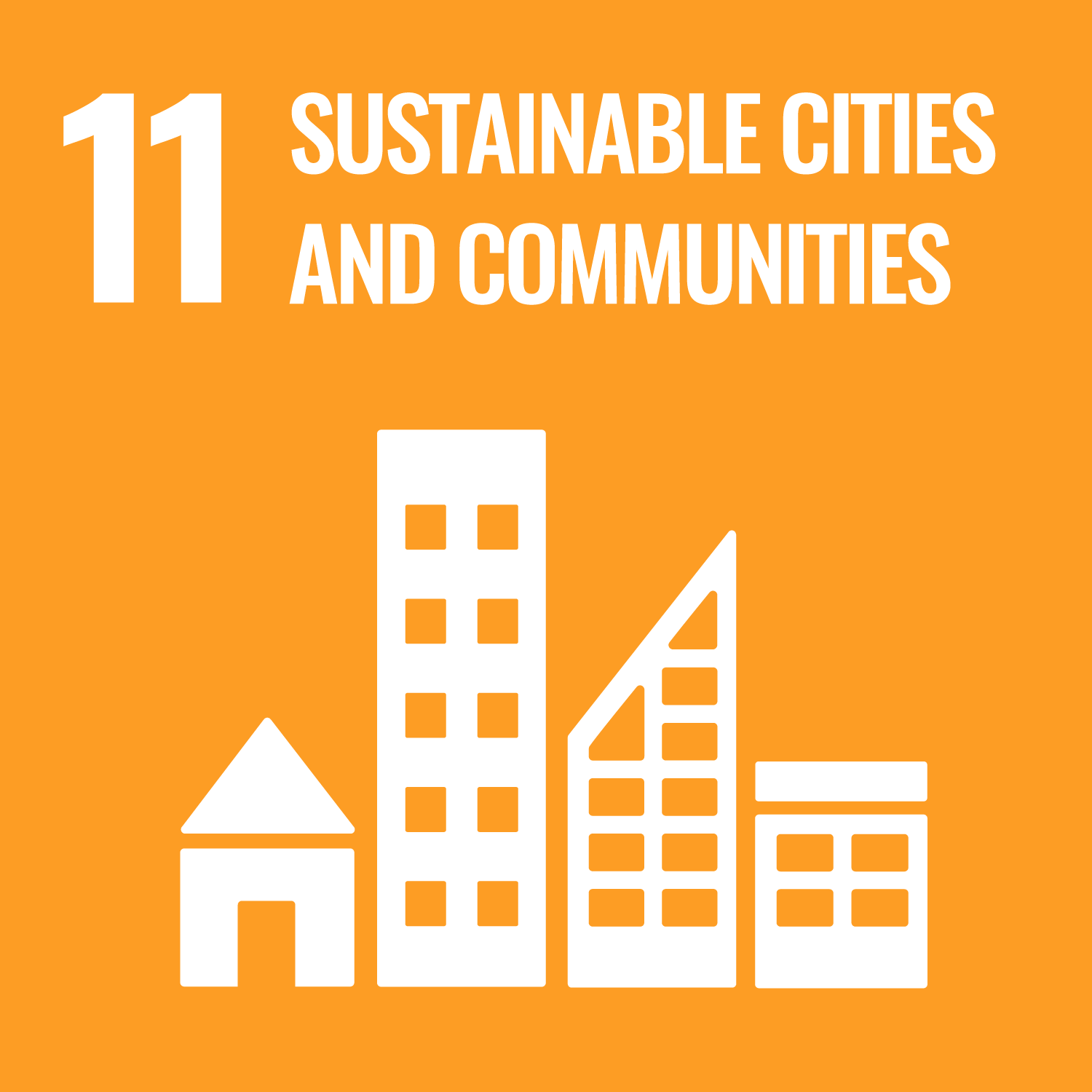"It's All About Me" National Adoption Scheme SOF
Aligned SDGs


- "It's All About Me" National Adoption Scheme SOF
- General overview
- Location
- Involved organisations
- Outcome metrics
- Other resources
- Spreadsheet of data
- "It's All About Me" National Adoption Scheme SOF
- General overview
- Location
- Involved organisations
- Outcome metrics
- Other resources
- Spreadsheet of data
General overview
Stage of development: Complete
Policy sector: Child and family welfare
Start date of service provision: 2013
Capital raised (minimum): GBP 2m (USD 3.13m)
Service users: 198 individuals
Intervention
The essence of IAAM is to combine targeted family finding for harder to place children with specific support for parents adopting these children. The IAAM service is provide by six Voluntary Adoption Agencies (VAAs) operating across the country. Each Voluntary Adoption Agency (VAA) will be referred a child who has been seeking adoption on a spot-purchase basis by a local authority. The VAA will first task the South London and Maudsley Hospital with conducting a multidisciplinary assessment of the child and producing an authoritative report on the child's needs. For the child, the VAA will then provide a 24-hour helpline, buddying, and respite care whilst they attempt to find an adoptive family. Prospective parents are given training and support tailored to the needs of the child, as agreed by the commissioning local authority and the provider VAA.
Target population
‘Harder to place’ children who would be likely to be aged 4+, in a sibling group, with a disability or from a BME background– or a combination of these – and would have been on the Adoption register for at least six months.
Location
Country
- United Kingdom
Service delivery locations
- Great Britain
Involved organisations
- Deutsche Bank
- Big Society Capital
- Esmee Fairbairn Foundation
- Panahpur Charitable Trust
- European Investment Fund (EIF) / European Fund for Strategic Investments (EFSI)
- Pilotlight
- Trust for London
- Bridges Impact Foundation
- Office for Civil Society
- JP Morgan
- Merseyside
- Omidyar Network
- The Prince's Charities
- Pension funds
Outcome metrics
- Registration. When the local authority agrees that the plan formulated between it and the Voluntary Adoption Agency is an appropriate one and delivers value. The VAA agrees to train parents to a given plan for that child.
- Placement. When the local authority agrees that the parents have been trained and are ready to meet the child's needs.
- One year in placement. The placement is on track and delivering value.
- Two years in placement. The placement is continuing, has already delivered value, and on track to succeed.
Other resources
Spreadsheet of data
Important Notice and Disclaimer on INDIGO Data
INDIGO data are shared for research and policy analysis purposes. INDIGO data can be used to support a range of insights, for example, to understand the social outcomes that projects aim to improve, the network of organisations across projects, trends, scales, timelines and summary information. The collaborative system by which we collect, process, and share data is designed to advance data-sharing norms, harmonise data definitions and improve data use. These data are NOT shared for auditing, investment, or legal purposes. Please independently verify any data that you might use in decision making. We provide no guarantees or assurances as to the quality of these data. Data may be inaccurate, incomplete, inconsistent, and/or not current for various reasons: INDIGO is a collaborative and iterative initiative that mostly relies on projects all over the world volunteering to share their data. We have a system for processing information and try to attribute data to named sources, but we do not audit, cross-check, or verify all information provided to us. It takes time and resources to share data, which may not have been included in a project’s budget. Many of the projects are ongoing and timely updates may not be available. Different people may have different interpretations of data items and definitions. Even when data are high quality, interpretation or generalisation to different contexts may not be possible and/or requires additional information and/or expertise. Help us improve our data quality: email us at indigo@bsg.ox.ac.uk if you have data on new projects, changes or performance updates on current projects, clarifications or corrections on our data, and/or confidentiality or sensitivity notices. Please also give input via the INDIGO Data Definitions Improvement Tool and INDIGO Feedback Questionnaire.